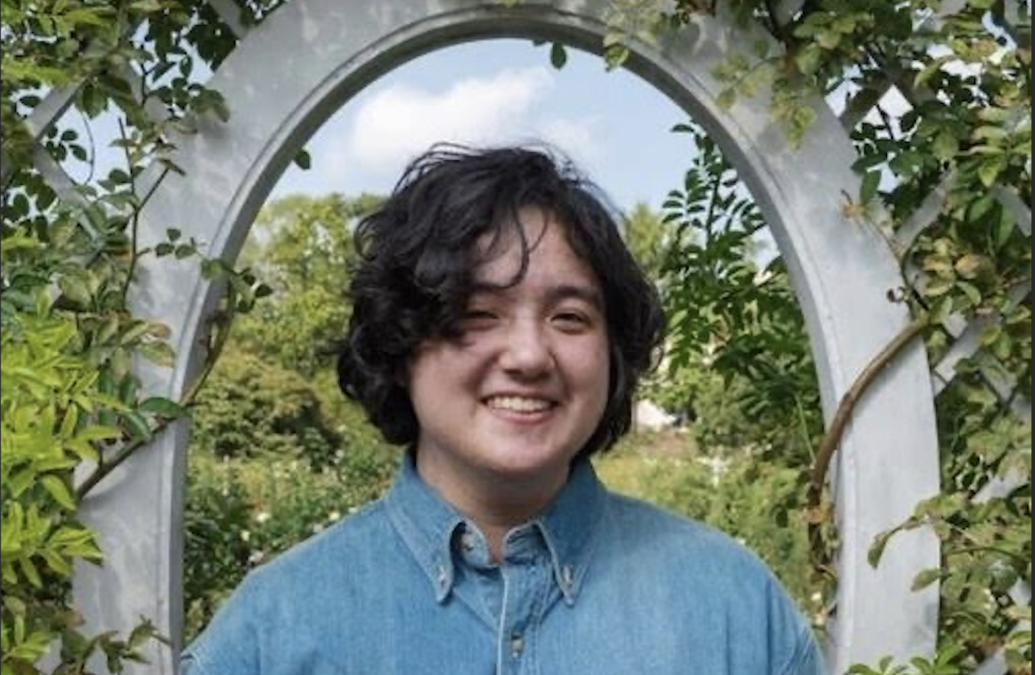Student Spotlight: Luke Horton '24

Concentration:
Anthropology and Psychology
Community Engagement through Swearer:
Royce Fellow
Luke Horton '24, a current Royce Fellow, came to Brown intending to study Psychology and soon declared his concentration in Anthropology as well. Horton was drawn to Anthropology specifically due to its focus on decolonization and bringing that awareness to the campus and the community. He emphasizes the impact of the community aspect of his courses and how it has allowed him to build genuine interpersonal relationships and understand more about “the context and connections that form people and how they operate within the world and their communities.”
After taking several Community-Based Learning and Research (CBLR) courses that related directly to his interests in anthropological and community engagement work, Horton was inspired to apply to the Swearer Center’s Royce Fellowship, which supports Brown undergraduates as they carry out independent engaged research projects of their own design in locations across the United States and around the world.
Horton shares, “In the Anthropology department here at Brown, I’ve been really impacted by Kate Mason, Michael Berman, and Irene Glasser. I am inspired by how they combine Anthropology with activism and make real-world impacts on community. Anthropology of Mental Health with Professor Mason and Suffering and Compassion with Dr. Berman impacted how I navigate the world as well as what I pursue academically.”
As part of his Fellowship project, Horton works with The Samaritans of Rhode Island Suicide Prevention Resource Center, specifically with its Suicide Hotline in Providence. Alongside this, Horton is working on an ethnography for his honors thesis, sharing, “Over the summer, I worked full-time interviewing people for the ethnography. I was grateful to be able to volunteer and give back to the community. It’s been a humbling experience. If it’s not for the best of the community, why are you doing it?”
Horton emphasizes the value of combining the disciplines of anthropology and psychology to expand access to valuable data. In describing his Fellowship project, Horton shares, “Mental health conditions are on an all-time rise, meaning there is high demand for care. The goal of this project is to combine sociocultural and linguistic analysis to conduct ethnographic research with mental health organizations, government officials, and activists in Providence to investigate the act of listening in the realm of mental health care. This research will examine how listening fosters connectedness and empathy and how a lack of it creates a disconnect.”
Horton believes his experiences in community engagement work thus far are a good foundation for his future; he aims to continue expanding and elevating the voices of community members currently doing this work.
If you’re interested in expanding your own community engagement learning and work, read more about Community-Based Learning and Research (CBLR) courses in our recent spotlight.
